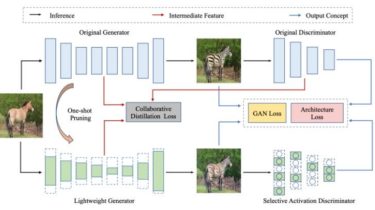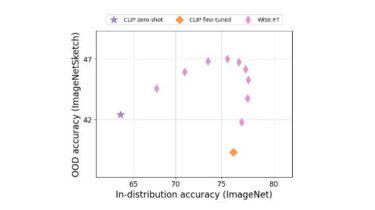CPPF: Towards Robust Category-Level 9D Pose Estimation in the Wild (CVPR2022)
Yang You, Ruoxi Shi, Weiming Wang, Cewu Lu CVPR 2022 CPPF is a pure sim-to-real method that achieves 9D pose estimation in the wild. Our model is trained solely on ShapeNet synthetic models (without any real-world background pasting), and could be directly applied to real-world scenarios (i.e., NOCS REAL275, SUN RGB-D, etc.). CPPF achieves the goal by using only local $SE3$-invariant geometric features, and leverages a bottom-up voting scheme, which is quite different from previous end-to-end learning methods. Our model […]
Read more

